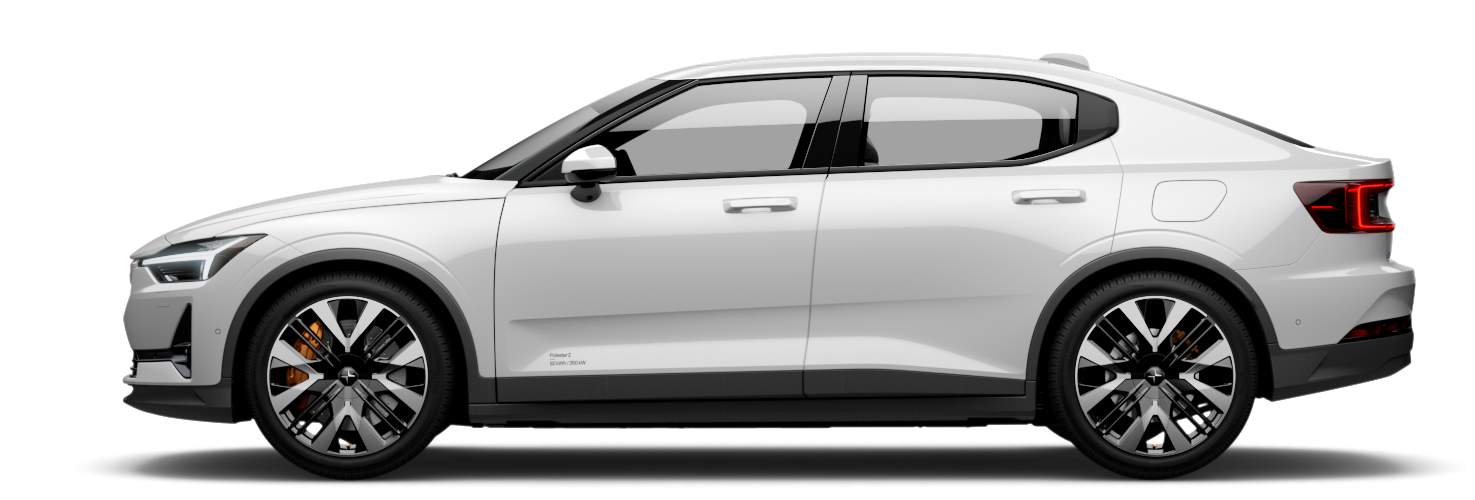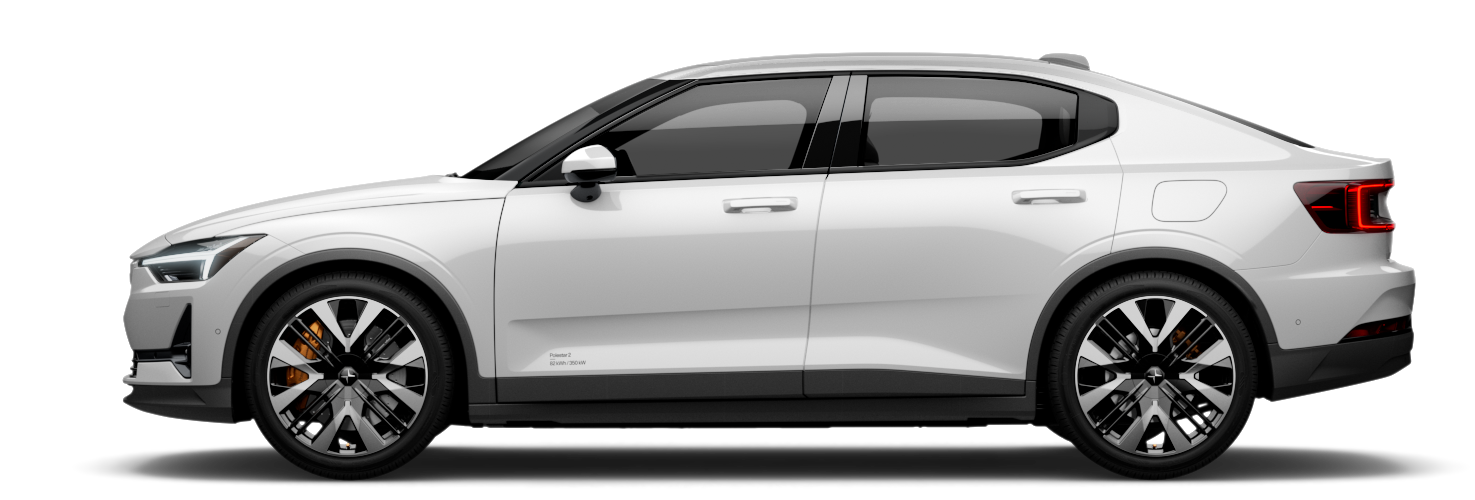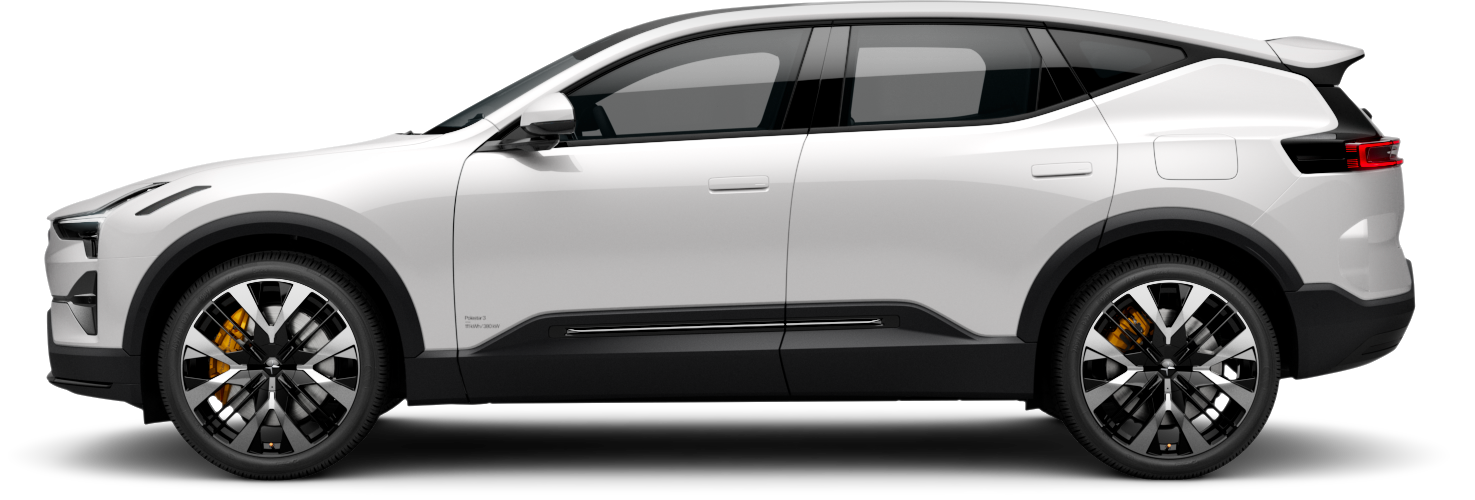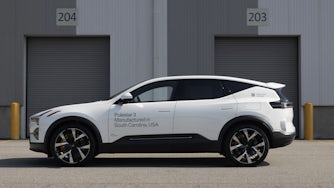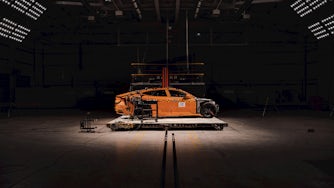Minimise the compromises: Polestar Precept becomes Polestar 5
From concept to reality. A process every product goes through, one packed with changes and compromises, the watering down of certain details and the wholesale abandonment of others. As a result, the finished product often barely resembles the original idea, the end result being something halfway between the designer’s ambitions and the production capabilities available.
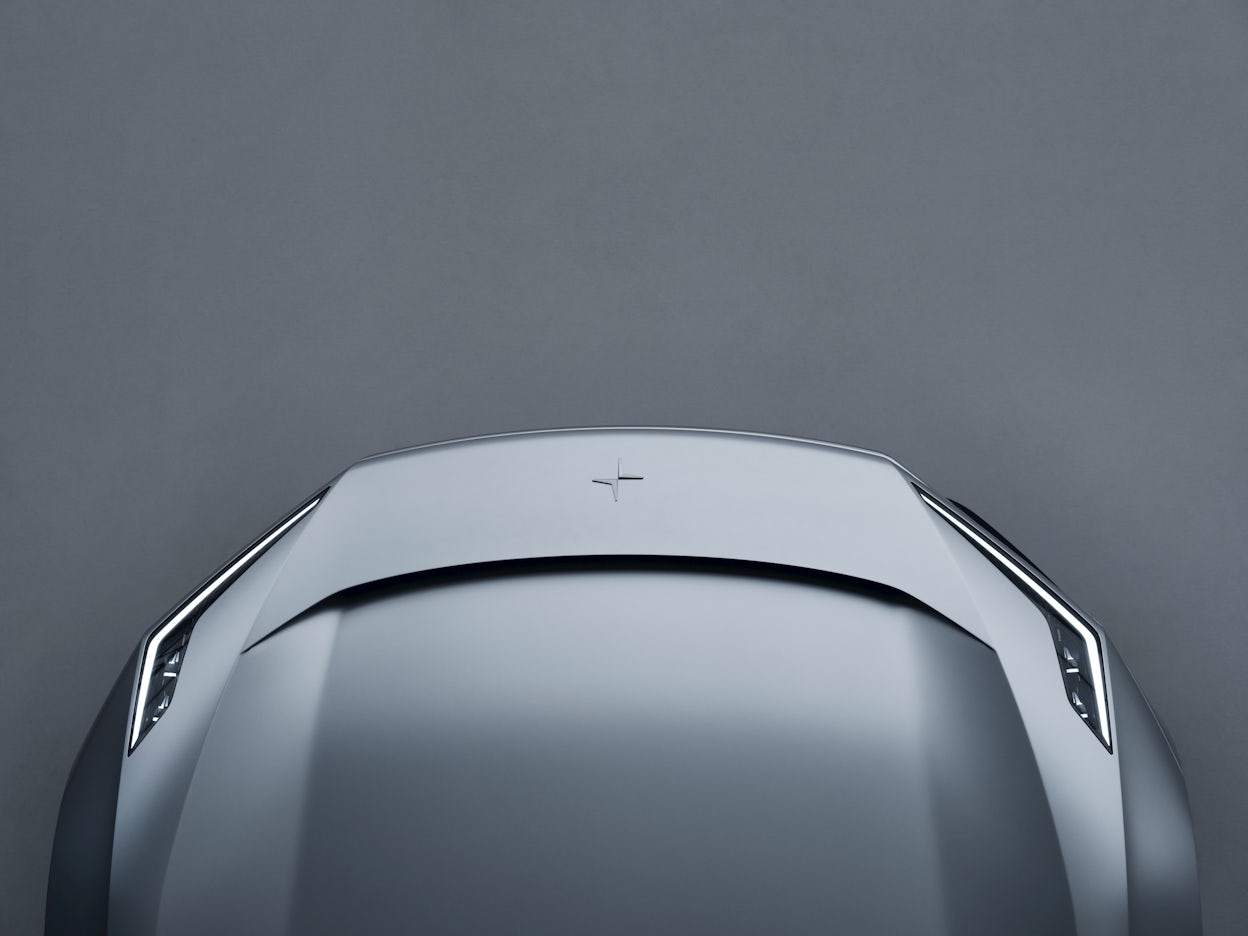
Concept cars are a good example.
Usually created to showcase design and technological innovations, concept cars are what designers come up with when they’re freed of budgetary and other constraints that bind their hands during conventional projects. They can explore unorthodox material solutions, radical design expressions, and the implementation of technologies that range from “this is nearly possible today” to “Captain Picard is the only one who knows how to use this”.
Polestar took a different approach.
Indulging in design daydreams is fun. We do it ourselves. But with the climate crisis in the foreground, we decided to use the concept car as a showcase for what we need to see (namely, potential solutions to the most pressing issue our planet is currently facing), as opposed to what we’d like to see.
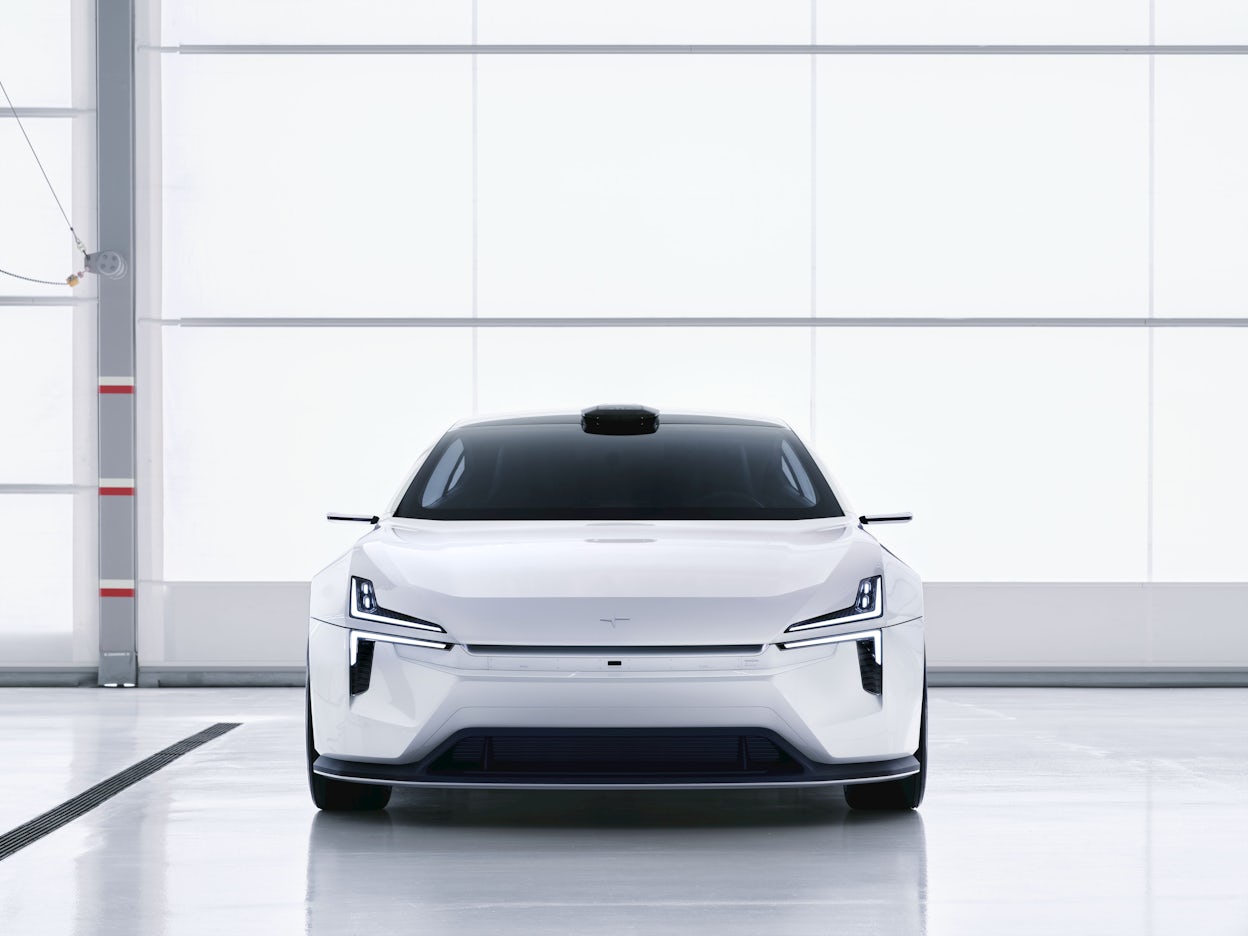
Polestar Precept is technically a concept car, though the concepts it expresses are different from the norm. The design language is the natural next step for Polestar. The technology within is an expansion on the ground-breaking Android Automotive OS first introduced in Polestar 2. And ecological materials like the flax-fibre composites of Bcomp are a realistic, actionable way to make the electric grand tourer more sustainable.
Our ambitions are, well, ambitious. But they’re also grounded in reality. Which is what enables Polestar Precept to metamorphosise into Polestar 5 without a huge number of changes. It will even feature improvements and innovations that are being explored in other concept vehicles. Here, the caterpillar does not become a butterfly. It becomes an even better caterpillar.
Compromises are inevitable. Cars are incredibly complex and as such, have an enormous number of factors that go into the design and production process. But when the mandate is to create something ambitious and realistic, daring yet doable, a vision that can actually be realised, those inevitable changes can be minimised.
Polestar Precept can, and will, become Polestar 5. We’re even documenting the process, which you can see for yourself (and subscribe to) here.
In other words, it will go from concept to reality.
